A psychosocial hazard is anything that could cause psychological harm (e.g. harm someone’s mental health). Common psychosocial hazards at work include:
- job demands
- low job control
- poor support
- lack of role clarity
- poor organisational change management
- inadequate reward and recognition
- poor organisational justice
- traumatic events or material
- remote or isolated work
- poor physical environment
- violence and aggression
- bullying
- harassment, including sexual and gender-based harassment, and
- conflict or poor workplace relationships and interactions
How psychosocial hazards cause harm
Psychosocial hazards can create stress. This can cause psychological or physical harm. Stress itself is not an injury. But if workers are stressed often, over a long time, or the level of stress is high, it can cause harm.
Psychological harm may include anxiety, depression, post-traumatic stress disorder, sleep disorders,
Physical harm may include musculoskeletal injuries, chronic disease or fatigue related injuries.
Psychosocial hazards may interact and combine
Psychosocial hazards may interact or combine to create new, changed or higher risks. It is important to consider all the psychosocial hazards workers may be exposed to when managing psychosocial risks.
Some hazards may not create psychosocial risks on their own but may do so if combined with other hazards. For example, when workloads are high the risk may increase if workers cannot take breaks or there is no one around to help. Some hazards may only create risks on their own when severe.
Managing psychosocial risks
A person conducting a business or undertaking (PCBU) must eliminate psychosocial risks, or if that is not reasonably practicable, minimise them so far as is reasonably practicable.
The model WHS Regulations require PCBUs to have regard to all relevant matters when determining what control measures to implement. For more information on these relevant matters and meeting your WHS duties see our Mental health page.
For information see the model Code of Practice: Managing psychosocial hazards at work.
